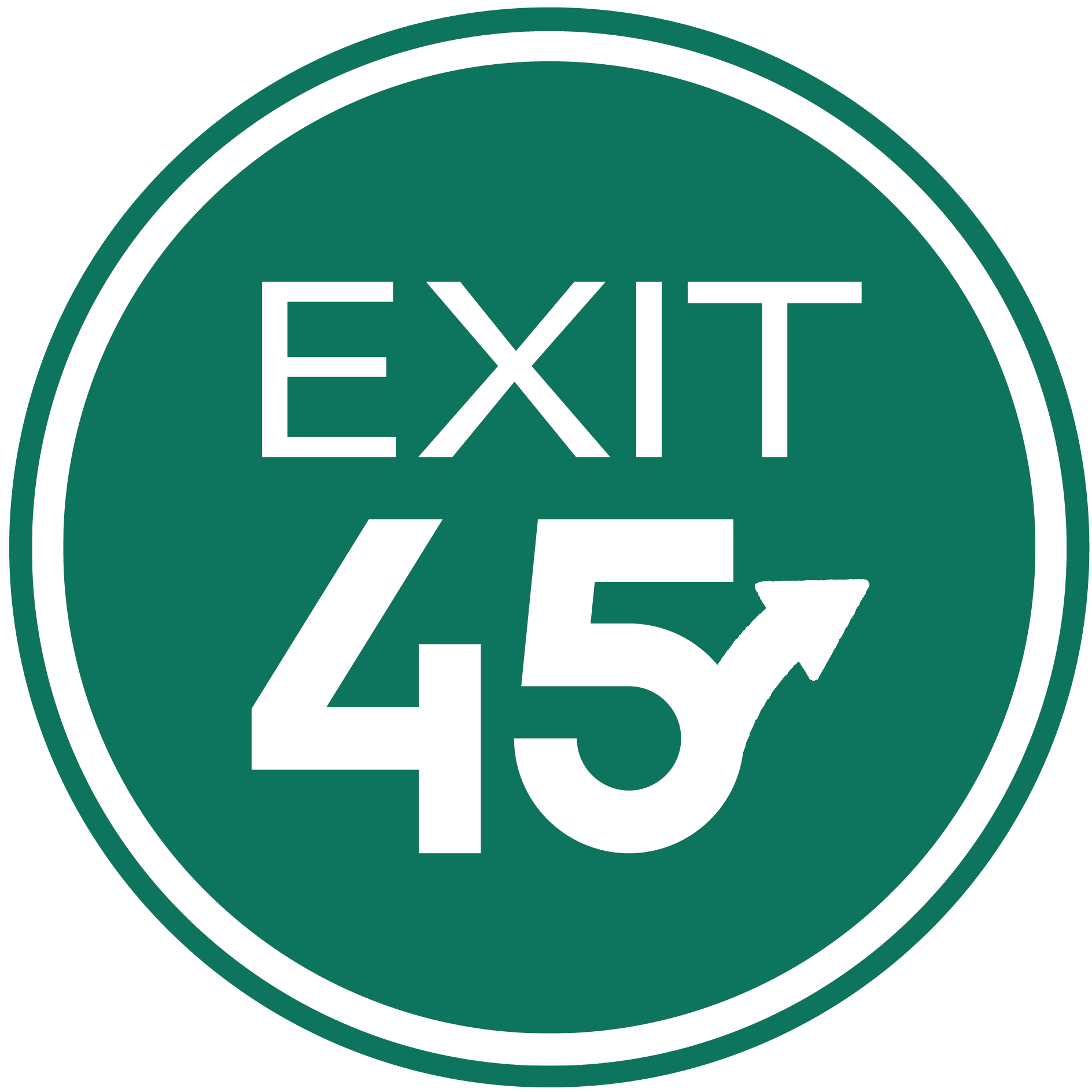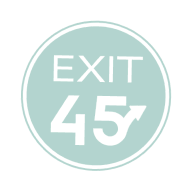Owners Who Try to Sell the Business Themselves
In the last issue (#73) we discussed the obstacle: Burned Out Owner Ruins Business Value. In this issue we’ll provide insight into another common obstacle: Owners Who Try to Sell the Business Themselves.
"There is nothing which we receive with so much reluctance as advice." Joseph Addison
Owners Who Try to Sell the Business Themselves
In issue #55, we identified the Top 33 Obstacles to a Successful Business Sale. Those obstacles are among the many reasons that only 20-33% of all small businesses are ultimately sold.
Most owners have no idea of all the pitfalls they are likely to encounter, nor the time-consuming nature of the efforts it takes to sell a business. It is a full-time job requiring specialized knowledge.
You already have a full-time job running your business. If you are good at it, your business will be salable. But, if you spend your time trying to sell the business yourself, your attention will be diverted from the success of the business, which may result in a significant decline in your operating results. Declining profitability results in one of two things: (1) the business fair market value declines or (2) if it declines too much, the business may not be salable. Keep your eye on the ball and hire an experienced professional intermediary to help sell your business.
Issues encountered when owners try to sell the business themselves
- Owners tend to overvalue the business in their minds. Overpriced businesses almost never sell.
- Owners often fail to maintain confidentiality, and therefore run the risk of losing customers, employees, and suppliers, possibly killing any chance of selling the business.
- Owners may prepare inadequate marketing packages and provide inadequate or misleading financial information or disclosures.
- Owners frequently fail to qualify buyers for background, financial capabilities and motivations.
- Owners have insufficient time to devote to selling their business or, alternatively, spend so much time on the sale that profitability declines, causing a corresponding reduction in the value of the business.
- If an offer is received, owners may become overly emotional in the negotiating process and lose good prospective buyers.
Many qualified buyers will not even consider businesses for sale by owners
As nearly always occurs with overpriced businesses, many experienced prospective buyers will not even consider investigating businesses for sale by owners because of previous erratic experiences in similar situations and the remote likelihood of closing sales with owners who are trying to sell their businesses themselves. So those do-it-yourself sellers automatically lose a large population of qualified buyers.
Competitors are not usually good prospective buyers
Many small business owners mistakenly believe their competitors are the best prospects to buy their business. In reality, in most circumstances, the competitors are the last people that you want to know you are selling your business. If approached, or if they catch wind of your interest in selling, competitors may feign interest to learn more about your business to enable them to compete better with your firm. But they’d rather see you out of business than expend funds to acquire your business. And there are very real dangers for customer, employee and supplier losses if competitors spread rumors of an impending sale. Thinking of competitors as a prospective buyer can be a disastrous mistake. Consider reading: Issue #22 – Customers, Suppliers and Competitors as Buyer Prospects.
Business sales are difficult, often once-in-a-lifetime, time-consuming transactions with multifaceted marketing presentations, thorny negotiations, complicated paperwork, strenuous due diligence and a complex closing process. Things seldom proceed 100% smoothly from start to finish. It takes the knowledge of an experienced intermediary to handle the difficult impediments and situations that inevitably arise as a transaction moves forward.
Have you considered the negative …..


